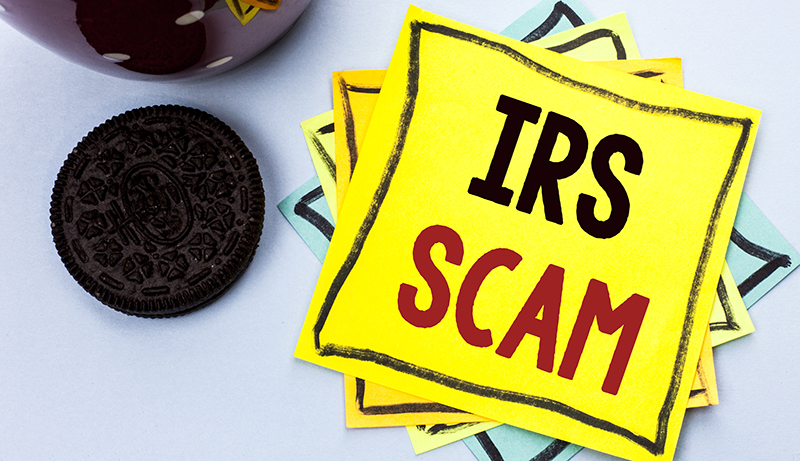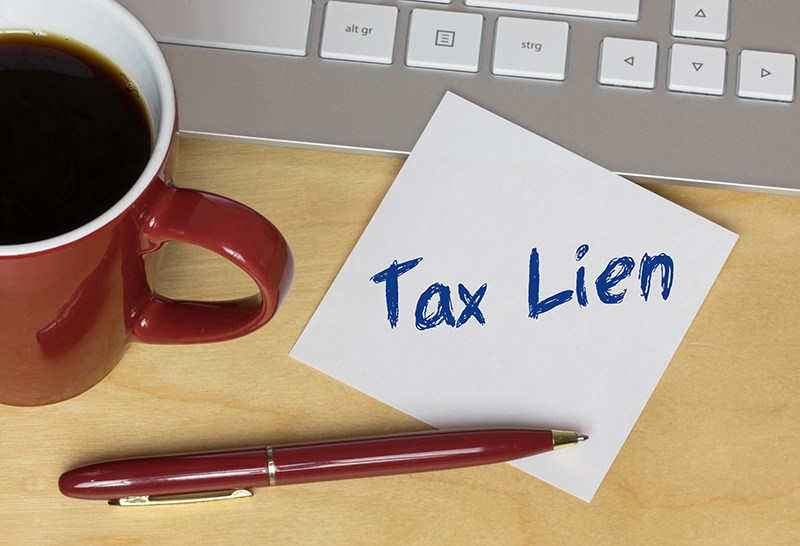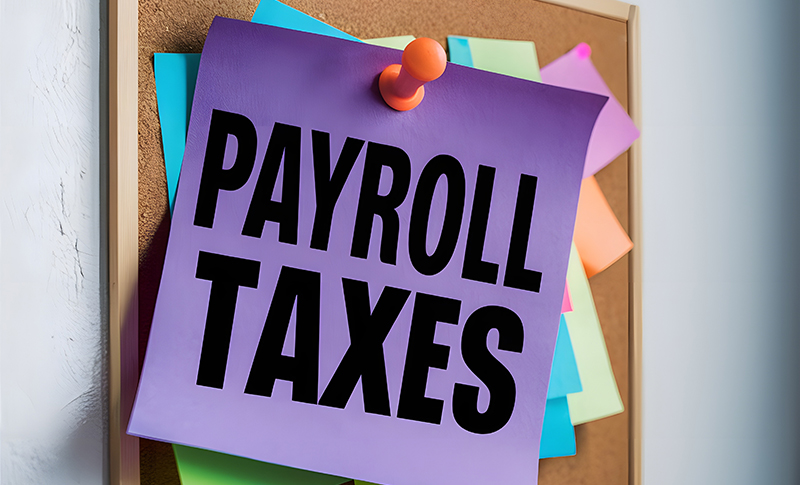My Neighbor Did It…Why Can’t I?
February, 01 2016 by Charla Suaste
As this year’s tax season shifts into full gear, tax scammers are at hard at work — attempting to sway fellow taxpayers into overstating their income, claiming credits they don’t qualify for, exaggerating deductions, and taking part in other fraudulent activities and schemes. Tax scams will often appear to be harmless; perhaps shared by a friend or neighbor who has seemingly found a loophole in the tax system. But more often than not, tax schemes are promoted by professional scam artists who have found ways to profit from them.
At TaxAudit, we hear these stories more often than we’d like, and, unfortunately, participating in tax schemes is likely to result in a letter from the IRS. At minimum, the outcome will be a larger tax bill, with penalties and interest tacked on to the original amount owed. In the worst case scenario, the perpetrator could be charged with fraud and even be subjected to jail time. So, if you could take any adage with you into the rest of tax season, it should be this one: “If it sounds too good to be true, it probably is.” Or, in other words: If your refund seems too good to be true (or if the tax amount you owe seems impossibly low), it probably is.
For those of you who haven’t taken up the challenge of filing your 2015 tax return just yet, keep in mind to stay away from any and all tax advice being offered to you by seemingly well-meaning strangers and friends through social media and office gossip. Take your time to find a tax professional who is knowledgeable, reliable, and above all, trustworthy. Or, if you self-prepare your tax return, be sure you understand each number on your forms before you file.
For help finding a local tax return preparer, please visit IRS.gov and search for “IRS Tax Pro Association Partners.” You will be directed to a list of national organizations that will help you locate a variety of tax professionals in your area.





